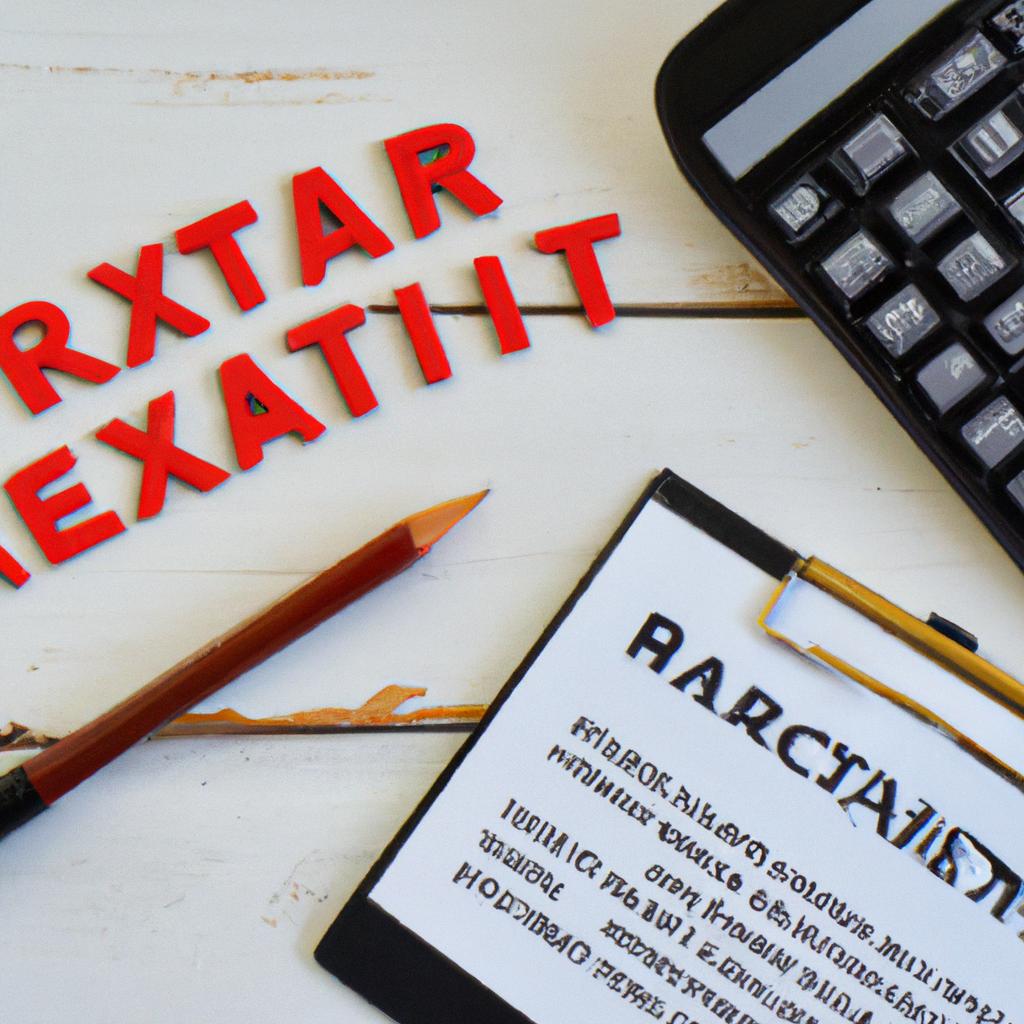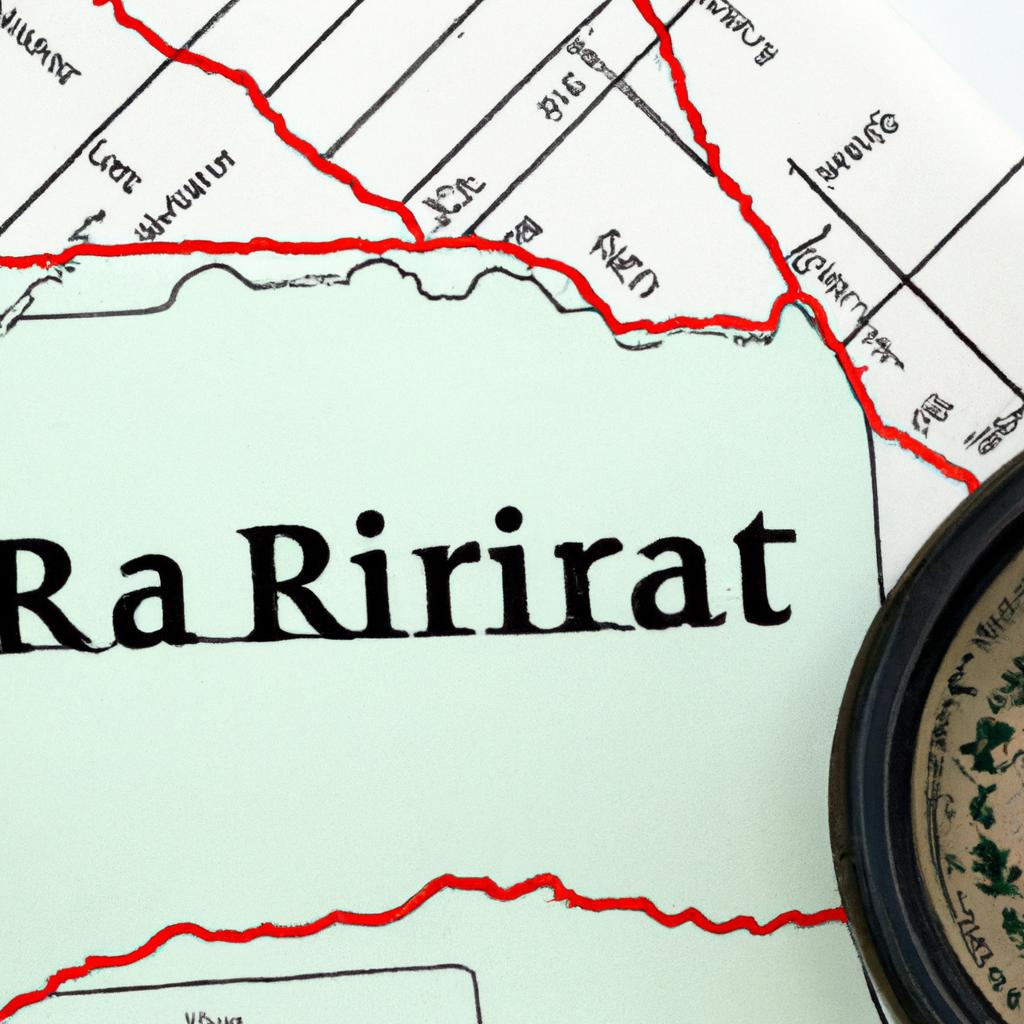Navigating estate planning can be a complex and overwhelming task, especially when it comes to incorporating Roth IRAs into your overall plan. As experienced lawyers at Morgan Legal Group located in New York City, we understand the nuances and intricacies of Roth IRA estate planning. In this article, we will guide you through the essential considerations and strategies to ensure that your Roth IRA is seamlessly integrated into your estate plan. Join us as we unravel the complexities of Roth IRA estate planning and help you secure a solid financial future for your loved ones.
Understanding the Role of Roth IRAs in Estate Planning
When it comes to estate planning, Roth IRAs play a crucial role in ensuring your assets are properly distributed to your beneficiaries. Unlike traditional IRAs, Roth IRAs offer tax-free growth and withdrawals, making them an attractive option for passing on wealth to your loved ones. Understanding how Roth IRAs fit into your overall estate plan is essential for maximizing their benefits.
One key advantage of using Roth IRAs in estate planning is the ability to leave a tax-free inheritance to your beneficiaries. By designating your loved ones as beneficiaries of your Roth IRA, they can receive distributions without incurring any income tax liability. This can be especially beneficial for heirs in higher tax brackets, as it allows them to access the funds without worrying about a hefty tax bill. Additionally, Roth IRAs do not have required minimum distributions during the account owner’s lifetime, providing more flexibility in passing on wealth to future generations. Consult with an experienced estate planning attorney to leverage the benefits of Roth IRAs in your overall estate plan.

Maximizing Tax Benefits through Roth IRA Conversions in Estate Plans
When it comes to estate planning, maximizing tax benefits is a key consideration for individuals looking to secure their financial legacy for future generations. One strategy that can be particularly effective in achieving this goal is through Roth IRA conversions. By converting traditional IRAs or 401(k)s into Roth IRAs, individuals can potentially reduce their tax burden and pass on more assets to their heirs.
One of the main advantages of incorporating Roth IRA conversions into an estate plan is the ability to control the timing of when taxes are paid. By paying taxes on the converted amount upfront, individuals can potentially reduce the overall tax liability of their estate. Additionally, Roth IRAs offer tax-free growth potential, allowing beneficiaries to inherit assets that have already been taxed, avoiding potentially higher tax rates in the future. Consulting with a knowledgeable estate planning attorney can help individuals navigate the complex laws and regulations surrounding Roth IRA conversions to ensure they are maximizing their tax benefits.

Strategies for Passing on Roth IRAs to Beneficiaries
When considering , it’s important to understand the rules and regulations surrounding these accounts. One key advantage of a Roth IRA is that withdrawals are tax-free for both the original account holder and their beneficiaries, making it an attractive investment for estate planning purposes. To ensure a smooth transfer of assets, it’s essential to establish a clear plan and communicate this plan to your beneficiaries.
One effective strategy for passing on Roth IRAs to beneficiaries is to designate primary and contingent beneficiaries. By naming specific individuals or entities as beneficiaries, you can control who will receive the assets in the event of your passing. Additionally, setting up a trust as the beneficiary of your Roth IRA can provide added protection and flexibility in distributing the funds. Consulting with an experienced estate planning attorney, like the professionals at Morgan Legal Group in New York City, can help you navigate the complex laws and regulations governing Roth IRAs and ensure that your assets are passed on according to your wishes.

Navigating the Complexities of Roth IRA Inheritance and Estate Taxes
Understanding the complexities of Roth IRA inheritance and estate taxes can be a daunting task for many individuals. With ever-changing tax laws and regulations, it is crucial to stay informed and seek professional guidance when navigating these waters. Planning ahead and making strategic decisions can help minimize taxes and ensure a smooth transition of assets to your beneficiaries.
- Consider the following factors when creating your estate plan:
- Designating beneficiaries: Be mindful of the tax implications for each beneficiary.
- Trust options: Setting up a trust can provide added protection and flexibility for your assets.
- Roth IRA conversions: Understanding the tax consequences of converting traditional IRAs to Roth IRAs can significantly impact your estate plan.
When it comes to Roth IRA estate planning, seeking the expertise of a knowledgeable attorney is essential. Our team at Morgan Legal Group in New York City specializes in estate planning, probate, elder law, Wills, and trusts. We can help you navigate the complexities of Roth IRA inheritance and estate taxes, ensuring that your assets are protected and your beneficiaries are taken care of. Contact us today to schedule a consultation and secure your financial future.
Q&A
Q: What is a Roth IRA and how does it differ from a traditional IRA?
A: A Roth IRA is a retirement savings account that allows you to contribute after-tax dollars that can grow tax-free. In contrast, a traditional IRA allows you to deduct contributions from your taxable income, but withdrawals are taxed.
Q: Can a Roth IRA be included in an estate plan?
A: Yes, a Roth IRA can be included in an estate plan and passed on to beneficiaries. However, there are specific rules and considerations to keep in mind when planning for the transfer of assets.
Q: How is a Roth IRA taxed upon inheritance?
A: When a Roth IRA is inherited, the beneficiary may be required to take distributions based on their life expectancy. These distributions are typically tax-free, as long as the account has been held for at least five years.
Q: Are there any estate planning strategies that can maximize the benefits of a Roth IRA?
A: Yes, there are several strategies that can help maximize the benefits of a Roth IRA in estate planning, such as converting a traditional IRA to a Roth IRA, naming a trust as a beneficiary, or utilizing a “stretch” IRA strategy.
Q: What are the potential pitfalls to avoid when including a Roth IRA in estate planning?
A: It’s important to carefully consider the tax implications of inheriting a Roth IRA, as well as making sure beneficiaries understand the rules for distributions. Additionally, naming contingent beneficiaries and updating beneficiaries regularly are crucial steps to prevent complications in estate planning.
The Conclusion
In conclusion, when it comes to estate planning, a Roth IRA can be a valuable asset to consider. By understanding the rules and regulations surrounding Roth IRAs and incorporating them into your overall estate plan, you can potentially provide for your loved ones in a tax-efficient manner. Remember to consult with a financial advisor or estate planning attorney to ensure that your Roth IRA fits seamlessly into your estate planning strategy. With careful thought and preparation, you can leave a legacy that lasts for generations to come.







